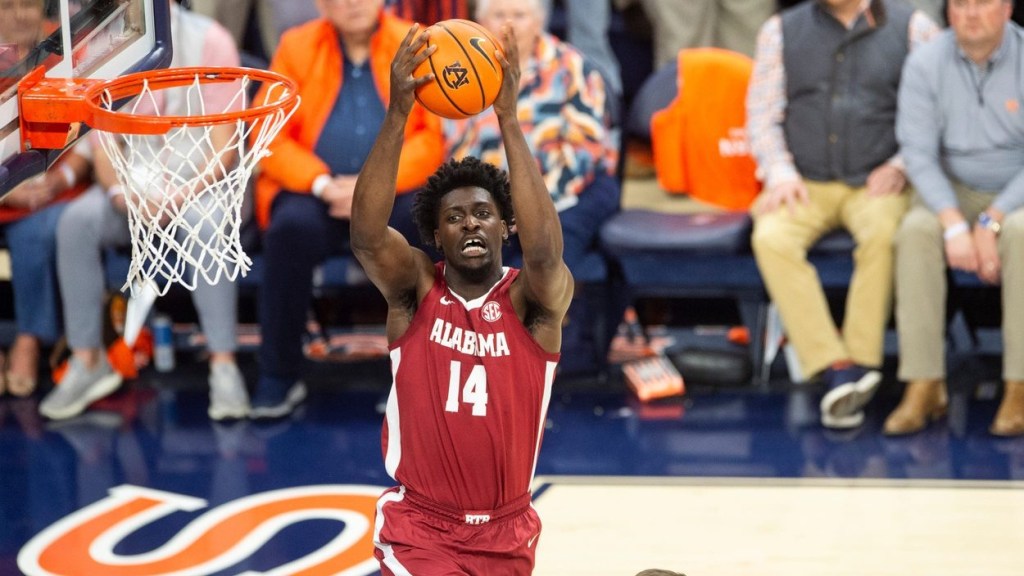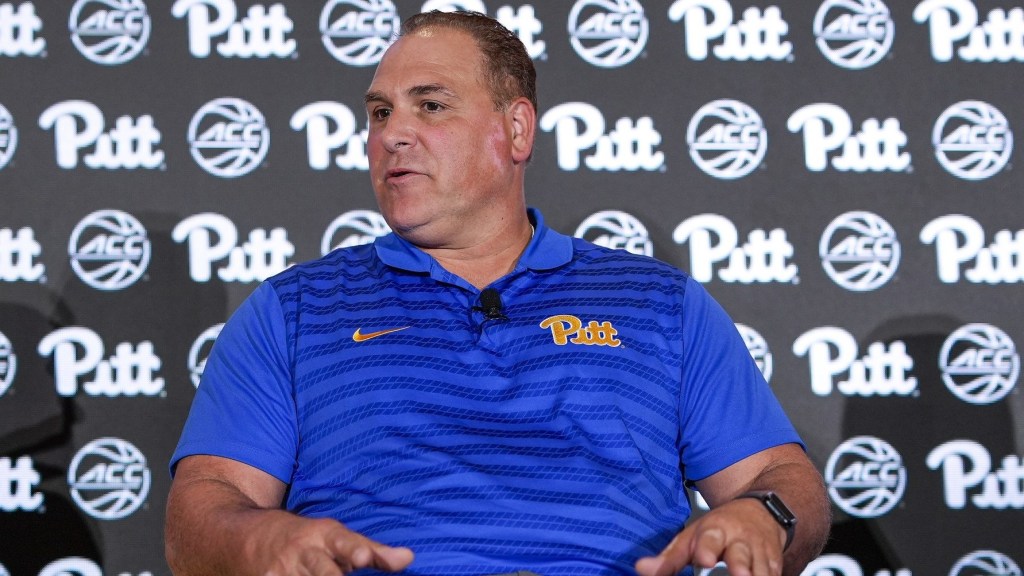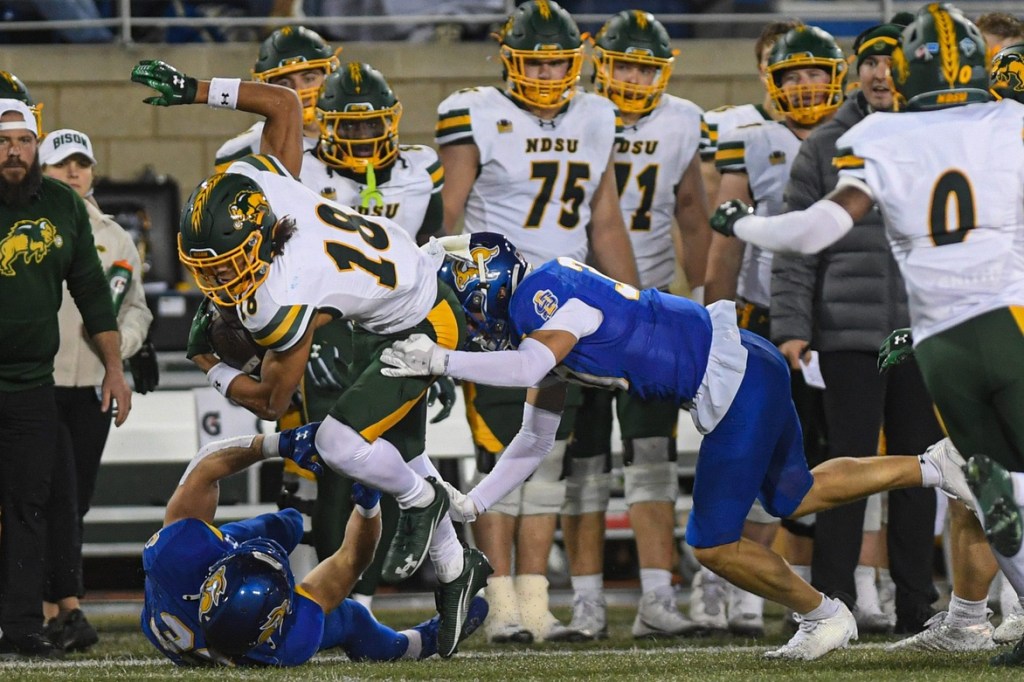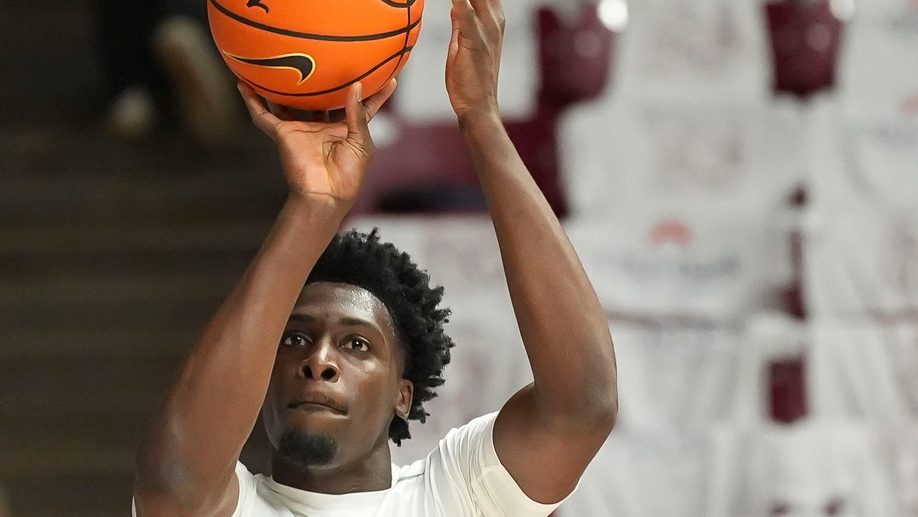During the Gee v. NCAA wrongful death trial, former NCAA medical committee member and UCLA team doctor James Puffer denied that playing football causes CTE.
“We don’t know with certainty at the present time that playing intercollegiate football irrefutably results in you developing CTE, or that playing intercollegiate football can lead to neurodegenerative disease,” Puffer, who was brought in as a witness for the NCAA, told the jury.
Puffer, who currently serves as the UCLA team doctor for men’s water polo, continued by saying there is not “an overwhelming amount of evidence that would suggest that there was a high likelihood” of football players developing CTE. As a result, he said he does not believe NCAA or school officials need to warn players of the risk of developing CTE.
Puffer’s testimony was part of the trial centering around the death of former USC linebacker Matt Gee, who played between 1988-92. Gee died at the age of 49 and was posthumously diagnosed with CTE. His widow, Alana Gee, is suing the NCAA for wrongful death, claiming it is responsible. The trial began on Oct. 21 in Los Angeles Superior Court.
The case will yield the first ruling on the NCAA’s culpability for brain injuries. If the NCAA loses, it could owe hundreds of millions in damages and face a deluge of future lawsuits.
Puffer’s testimony was diametrically opposed to that of multiple other expert witnesses brought by plaintiffs, including NFL senior advisor and decorated CTE expert Dr. Robert Cantu. It opposes the view of the NFL, as well as multiple medical bodies including the United States National Institutes of Health.
Editor’s Note: Reporting of Gee v. NCAA was assisted by Courtroom View Network, which provided a livestream of the trial.


















